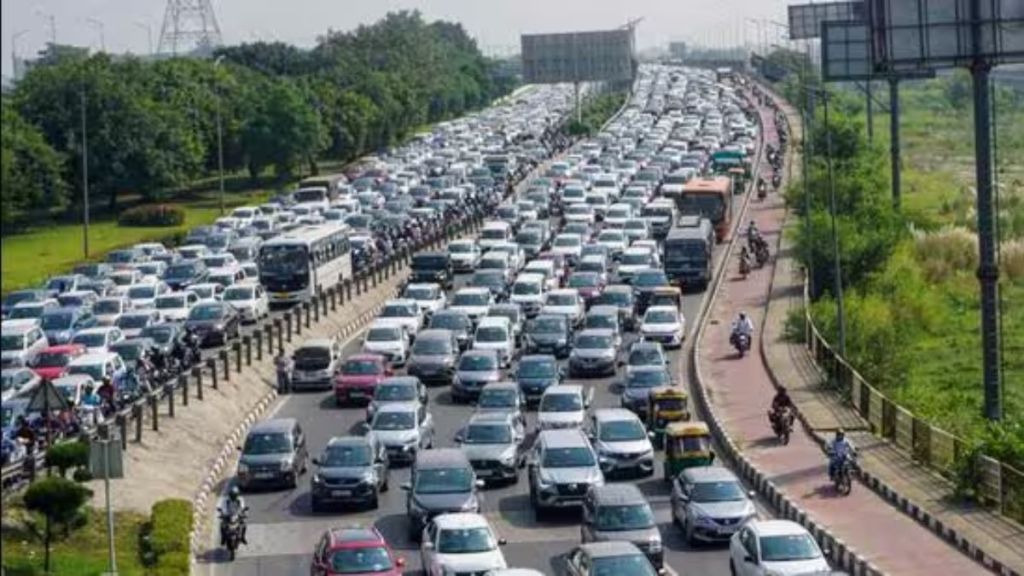The Delhi government sparked outrage this week after implementing a ban on fuel supply for end-of-life vehicles, with some insisting that it was a ‘ridiculous’ and ‘unfair’ decision. Diesel vehicles older than 10 years and petrol vehicles older than 15 years — regardless of their registration states — are now prohibited from refueling within the city. Petrol pump operations may face penalties for non-compliance while the vehicles in question will be impounded.
The ban has also sparked debate about the feasibility of buying a ‘new’ car every 10 to 15 years — with social media users flagging ‘high taxes’ as a key hurdle. A now-viral post on X highlighted the significant amount of taxes paid while purchasing a new vehicle, with several lakh rupees piled onto the initial cost of the car. The post also noted that the 92% of households in the US owned a car, while the number fell to 50% for China and a meagre 8% for India.
The post explained that a car priced at Rs 8 lakh would eventually have an on-road price of Rs 11.37 lakh — accounting for GST, cess, road tax, insurance, and GST on the insurance amount. A 28% GST payment made up a significant part of the amount — adding Rs 2.24 lakh to the original Rs 8 lakh price tag for the car.
“This is not the whole truth. If vehicle length is above 4 mtr, there is 17% cess tax. This is the truth,” added one X user.
“And this is after paying taxes on your income,” fumed another.
“And the cars are generally of terrible quality. Plus, affording a car is one thing, and having a parking space on the broken infra plus mafia real estate is another point. Fuel cost owing to excessive taxes on it is the cherry on the cake,” lamented a third.
Meanwhile, the Delhi government urged the Centre’s air quality panel to immediately suspend the fuel ban on overage vehicles amid continued criticism on Thursday. The BJP-led administration also said that it would make “all-out efforts” to resolve issues related to restrictions on the movement of end-of-life vehicles on city roads. Delhi Environment Minister Manjinder Singh Sirsa wrote in a letter to the Commission for Air Quality Management that the fuel ban was not feasible and could not be implemented due to technological challenges.


